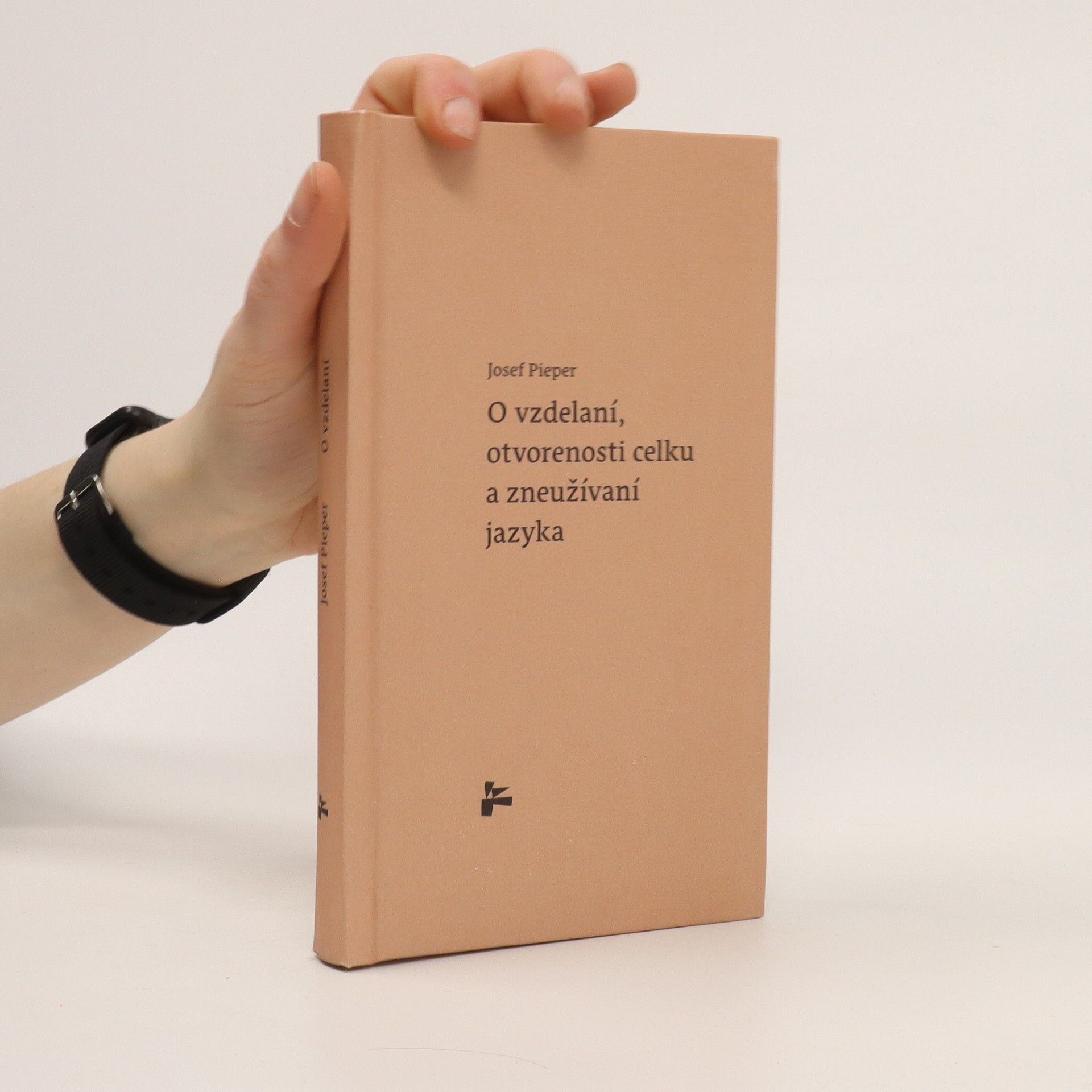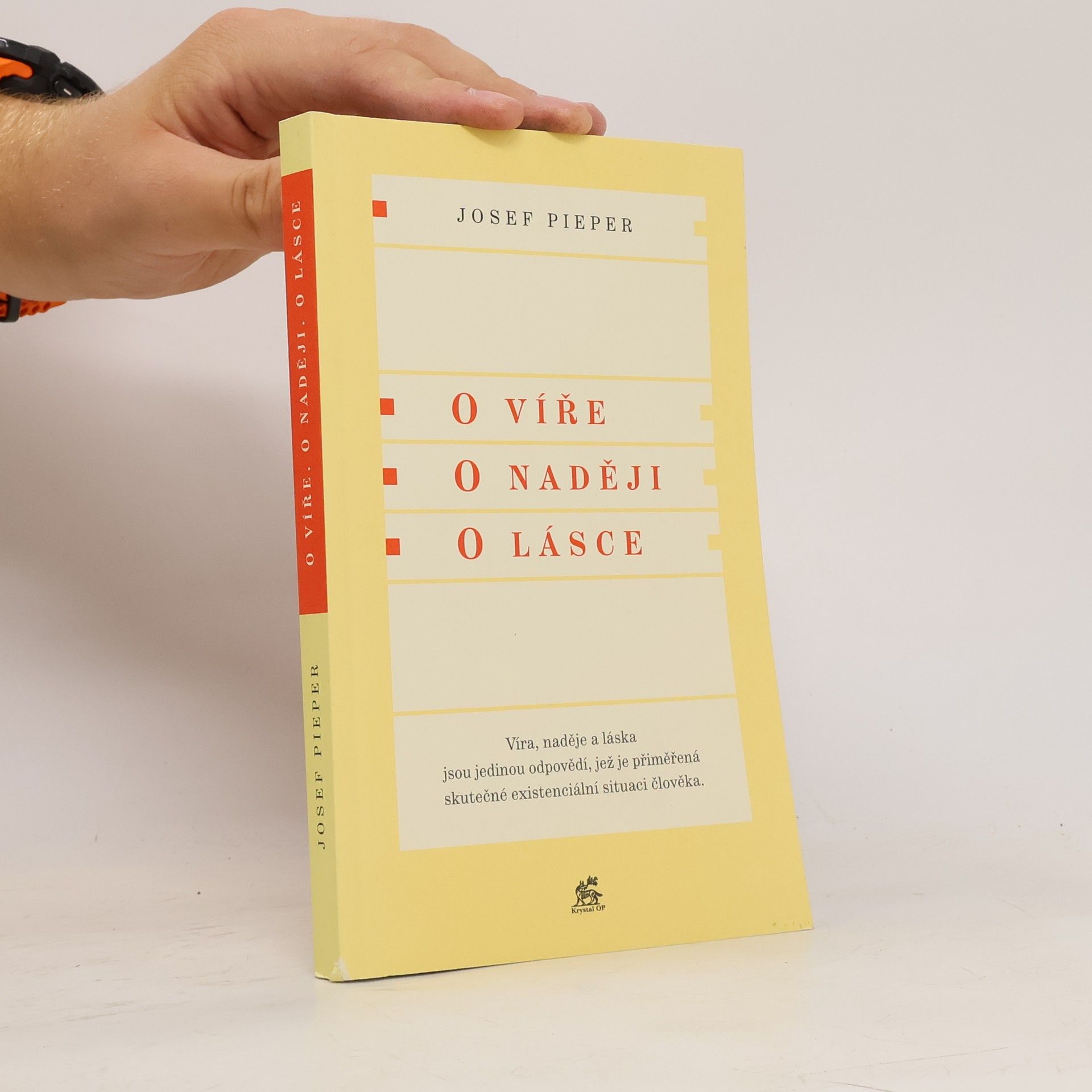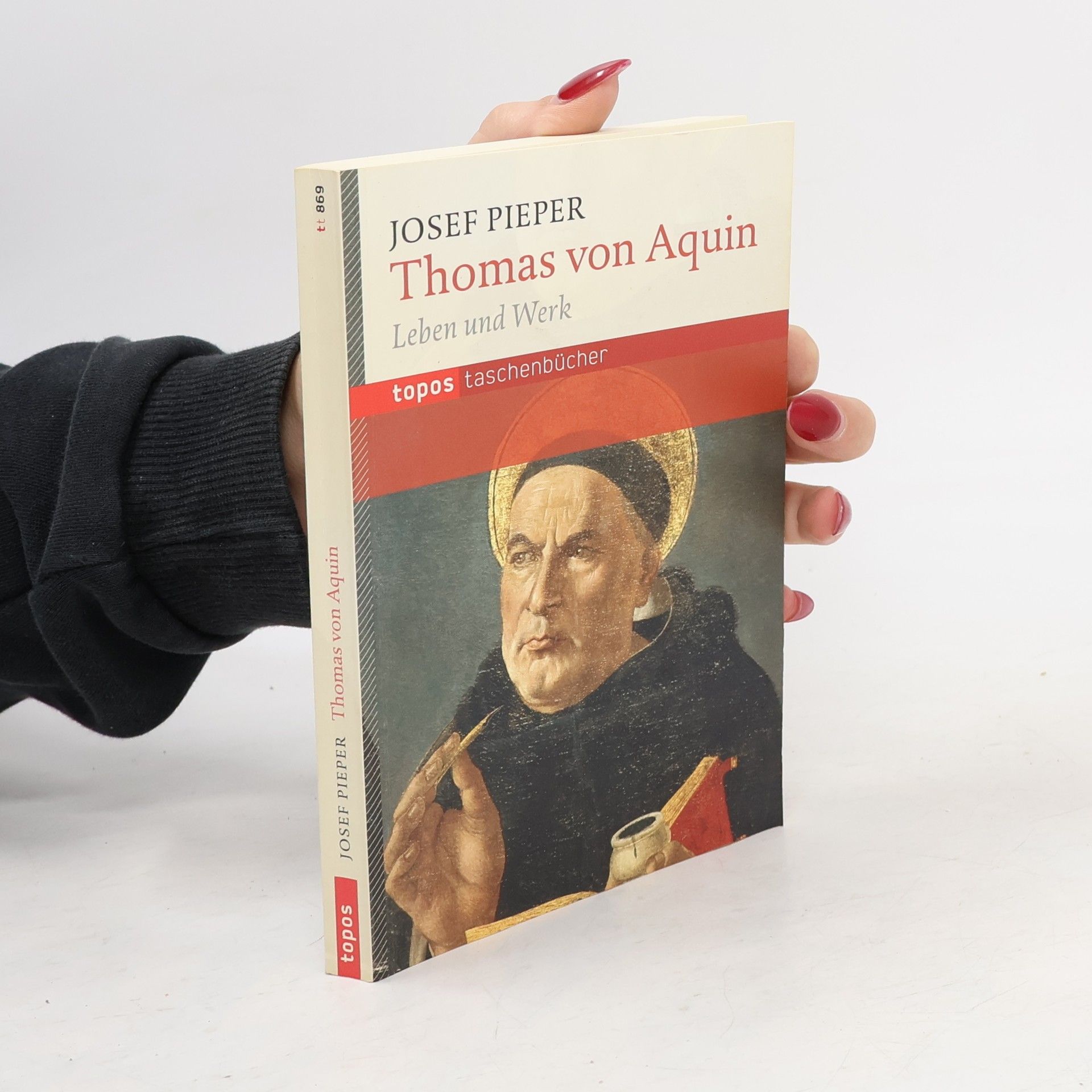Faktem jest, że częściej zastanawiamy się nad sensem pracy niż nad znaczeniem odpoczynku. W świecie, w którym wszystko jest skalkulowane, gdy chcemy być wydajni i sprawczy, odpoczywanie wydaje się marnowaniem czasu. Josef Pieper przywraca znaczenie odpoczynkowi jako chwilom, w których mamy możliwość świętowania, a „najuroczystszym, jaki w ogóle istnieje, sposobem obchodzenia święta, jest kult”. Uważa, że praca nie powinna być wyłączną miarą naszego życia. Przestrzega przed dyktaturą pożytku i użyteczności jako jedynych wyznaczników sensownego działania, ale także przed czczym organizowaniem czasu wolnego, co może być tak naprawdę kolejną formą pracy.
Josef Pieper Book order (chronological)
Josef Pieper was a professor of philosophical anthropology. He stands among the most widely read philosophers of the 20th century, focusing his thought on overcoming secular totalitarianism and its philosophical underpinnings. Pieper sought to rehabilitate the Christian concept of humanity, grounding it in experience and action. Drawing inspiration particularly from Plato and Thomas Aquinas, he offered a constructive critique of contemporary culture.



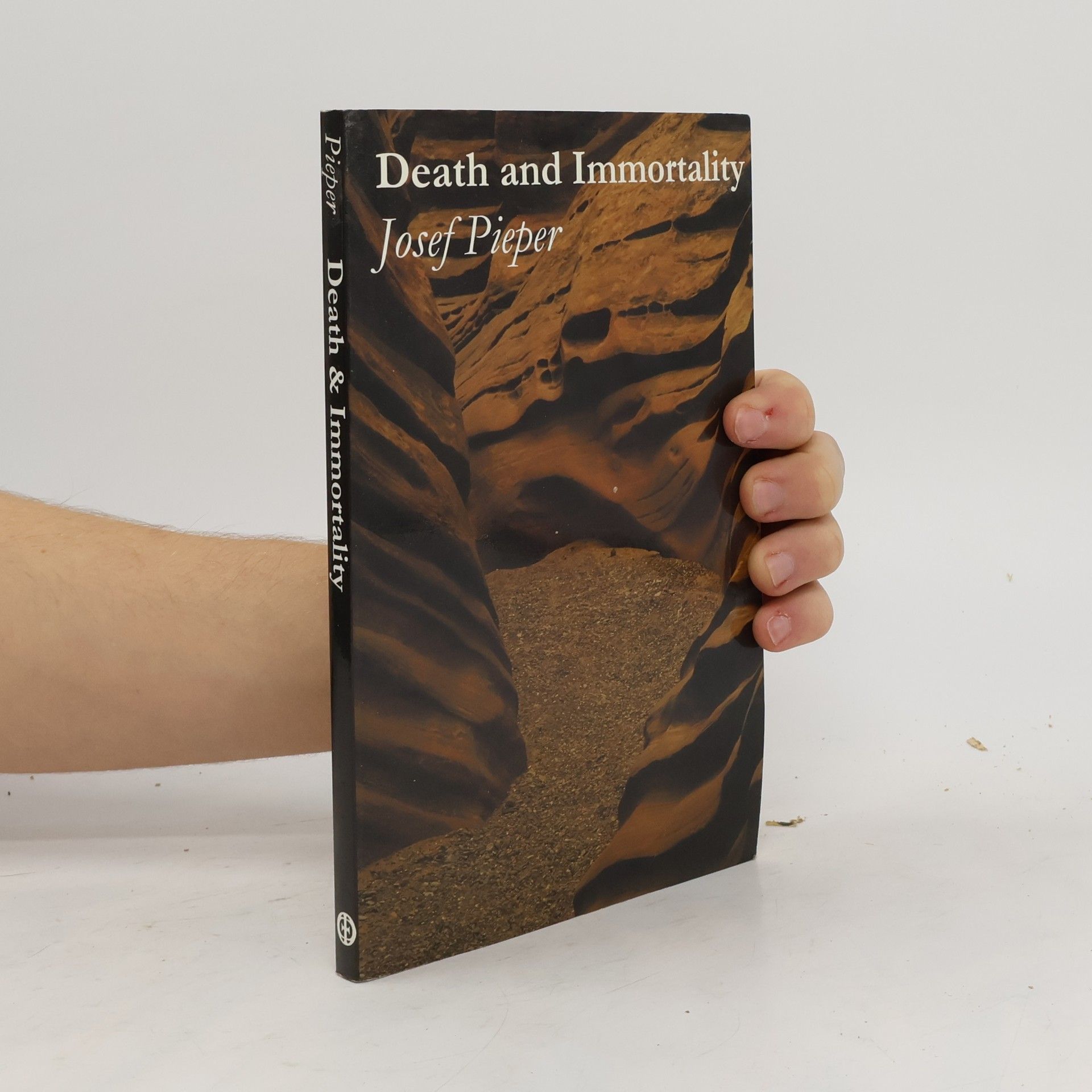
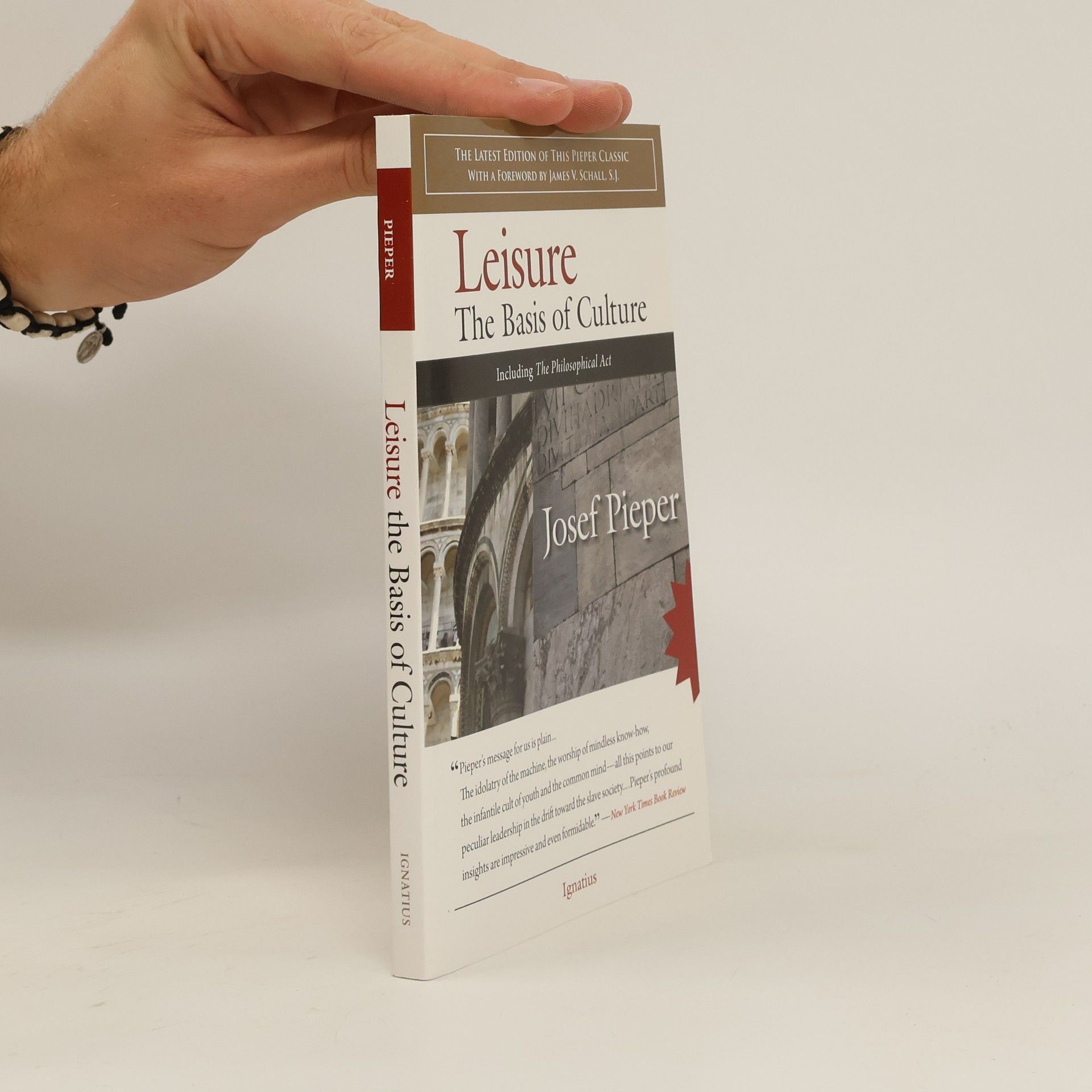

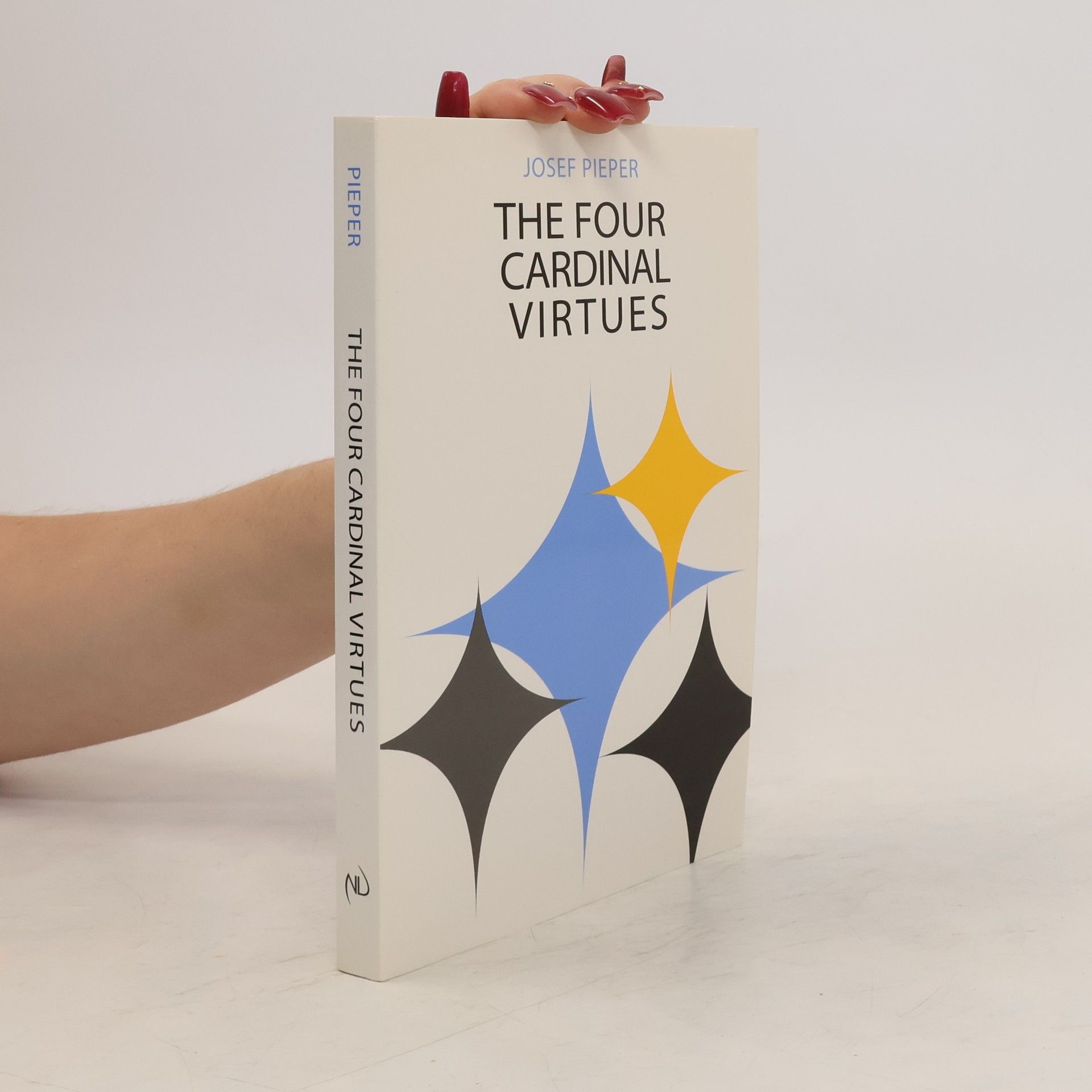
Štěstí a kontemplace
- 95 pages
- 4 hours of reading
Každý člověk touží po štěstí, zakouší ve svém nitru žízeň, která volá po utišení. Touha po štěstí je člověku přirozená, vychází z nejvnitřnějšího jádra lidské bytosti, kam byla vepsána už při stvoření. A tato touha musí nakonec dojít naplnění, má-li mít lidský život vůbec nějaký smysl. Kdyby neexistovala naděje na utišení, byl by člověk odsouzen k zoufalství. Lidskou touhu po štěstí ovšem nemůže utišit nic stvořeného. I kdyby člověk získal celý svět, nenasytí se, nepřestane prahnout po něčem víc. Onu nejhlubší žízeň může utišit jedině „dobro v úplnosti“, Bůh sám. Znamená to tedy, že štěstí nám bude dopřáno až na věčnosti? Nikoli. Už zde můžeme okoušet předchuť věčného štěstí, v milujícím patření, v pozemské kontemplaci. Ta není vyhrazena pouze mystikům či světcům, ale každému, kdo se dokáže zastavit, ztišit, žasnout a s láskou pohlížet i na ty nejnepatrnější věci.
O vzdelaní, otvorenosti celku a zneužívaní jazyka
- 172 pages
- 7 hours of reading
3 eseje, ktoré majú spoločné prieniky - akademické, respektíve vysokoškolské štúdium, ktoré by malo mať svoju oporu vo filozofii. Autor naznačuje, prečo je to tak. V ďalších esejach polemizuje nad historickými, ale aj súčasnými formami sofizmu, a to nielen po inštitucionálnej stránke, ale aj politickej.
A Journey to Point Omega: Autobiography from 1964
- 208 pages
- 8 hours of reading
The autobiographical writings of a modern Christian philosopher reflect his unwavering dedication to truth amidst the turmoil of two World Wars and the Catholic Church's changes during Vatican II. He critiques the dilution of sacred meanings in liturgical practices, advocating for a philosophy that emphasizes living truth existentially. Influenced by Plato, Augustine, and Aquinas, he navigates the tension between philosophy and theology, asserting that while divine understanding requires faith, the quest for truth is an inner journey fraught with mystery, particularly regarding the afterlife.
Josef Pieper, významný německý filosof 20. století, podává filosofickou analýzu víry, naděje a lásky a ukazuje, jak tyto postoje či úkony souvisejí s existenciální situací člověka. Nejsou krotkou „spořádaností“ a „správným chováním“ šosáka, ale bytostným povýšením lidské osoby. Jsou krajností toho, co člověk může být, naplněním lidské možnosti být. Neochvějně člověka zaměřují k pravému uskutečnění jeho podstaty – k dobru.
Topos Taschenbücher: Thomas von Aquin. Leben und Werk
- 175 pages
- 7 hours of reading
Thomas von Aquin (1225–1274) gilt als der bedeutendste Theologe des Hochmittelalters. Er war ein Mensch, dessen Verstand das Geheimnis von Gott und Welt zu erhellen vermochte und darin von unerschöpflicher Aktualität geblieben ist. Für Josef Pieper verkörpert er wie kein anderer das „Prinzip des christlichen Abendlandes: Weltverpflichtung in eins mit der Offenheit für den überweltlichen Anruf“. Piepers Einführung in Leben und Werk zeichnet auf spannende Weise das Bild eines bedeutenden Denkers in seiner Zeit.
Souborné vydání Pieperových pojednání o tzv. kardinálních ctnostech: Praktická moudrost -- Spravedlnost -- Statečnost -- Kázeň a uměřenost.
"Pieper [attempts to] show how death must be seen as an experience of the whole man and is properly to be understood as punishment.' When he views man's pilgrim status on earth, Pieper is led to assert that death is an act of human freedom, consistent with Creation and redemption. . . . With his rare gift of high-level popularization, Pieper brings a critical mind and an in-depth acquaintance with the scholastic tradition to bear on contemporary thought and experience. . . . [This] volume deserves a place on any bookshelf devoted to Christian philosophy." Library Journal "Dr. Pieper very subtly and usefully stresses the character of dying as act and choice, leading us up very gently to the shocking old notion that it might also constitute a well-deserved punishment." Times Literary Supplement
